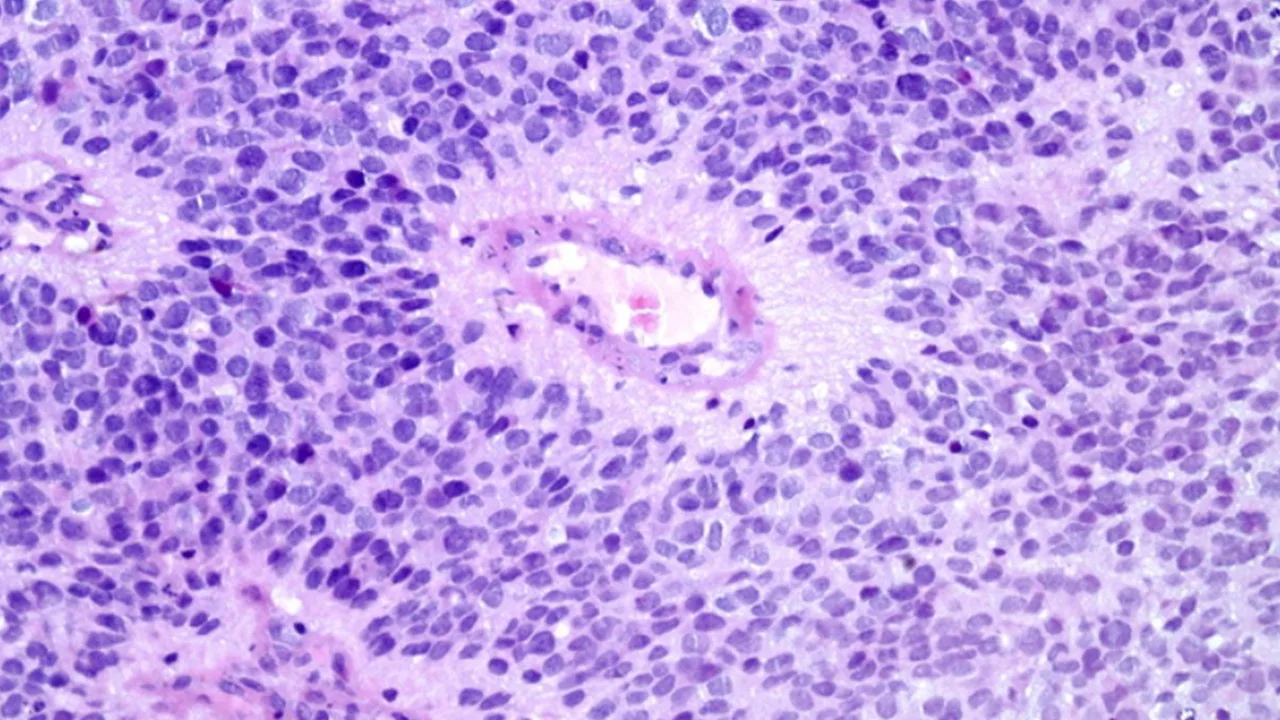INVITATION TO INAUGURAL LECTURE
Differentiating the type & grade of gliomas by the use of micro-CT
by Dimitrios Kanakis, Professor of Pathology, University of Nicosia Medical School.
Introduction by Avgis Hadjipapas, Professor in Neuroscience and Research Methods, University of Nicosia Medical School.
Glioma is considered the most common form of Central Nervous System (CNS) neoplasm that originates from macrοglia. Histologically, gliomas show a grade of resemblance to astrοcytes, oligodendrocytes, or ependymal cells, thus, based on their morphology they are classified as astrocytomas, oligodendrogliomas or ependymomas, respectively. Gliomas are divided into two main histopathological subgroups; low- and high-grade gliomas. Grade I and II are considered low-grade while grade III and IV are considered high-grade tumours. The main aim of the current project is to explore whether gliomas can be differentiated by using the micro-CT technique. In order to achieve this, formalin fixed paraffin embedded human tissue samples will be obtained from patients who were already diagnosed with such tumours, micro-CT scans of the material will be performed at The Cyprus Institute and X-Ray Imaging Centre at Southampton University. Control samples of normal brain tissue will be also examined in the micro-CT apparatus. Afterwards, the obtained virtual micro-CT sections will be compared to the actual histopathological diagnosis of the various types and grades of gliomas. Differentiation of the type and grade of each glioma will be attempted based on the micro-CT data. Finally, the prognosis of the disease will be evaluated with respect to the current histopathological diagnosis versus the micro-CT diagnosis of the tumours.

ABOUT THE SPEAKER
Dimitrios Kanakis is a Professor of Pathology at the University of Nicosia Medical School. Prof Kanakis holds an MD from the University of Novi Sad in Serbia and a PhD (Magna Cum Laude) from the Otto-von-Guericke University of Magdeburg in Germany. He has received the Specialty of Neuropathology from the Medical Corp of Nordrhein in Düsseldorf/Germany (September 2011) and the Specialty of General Pathology from the General Directorate of Public Health and Social Welfare of the Region of Thessaly in Larissa/Greece (January 2013.)


